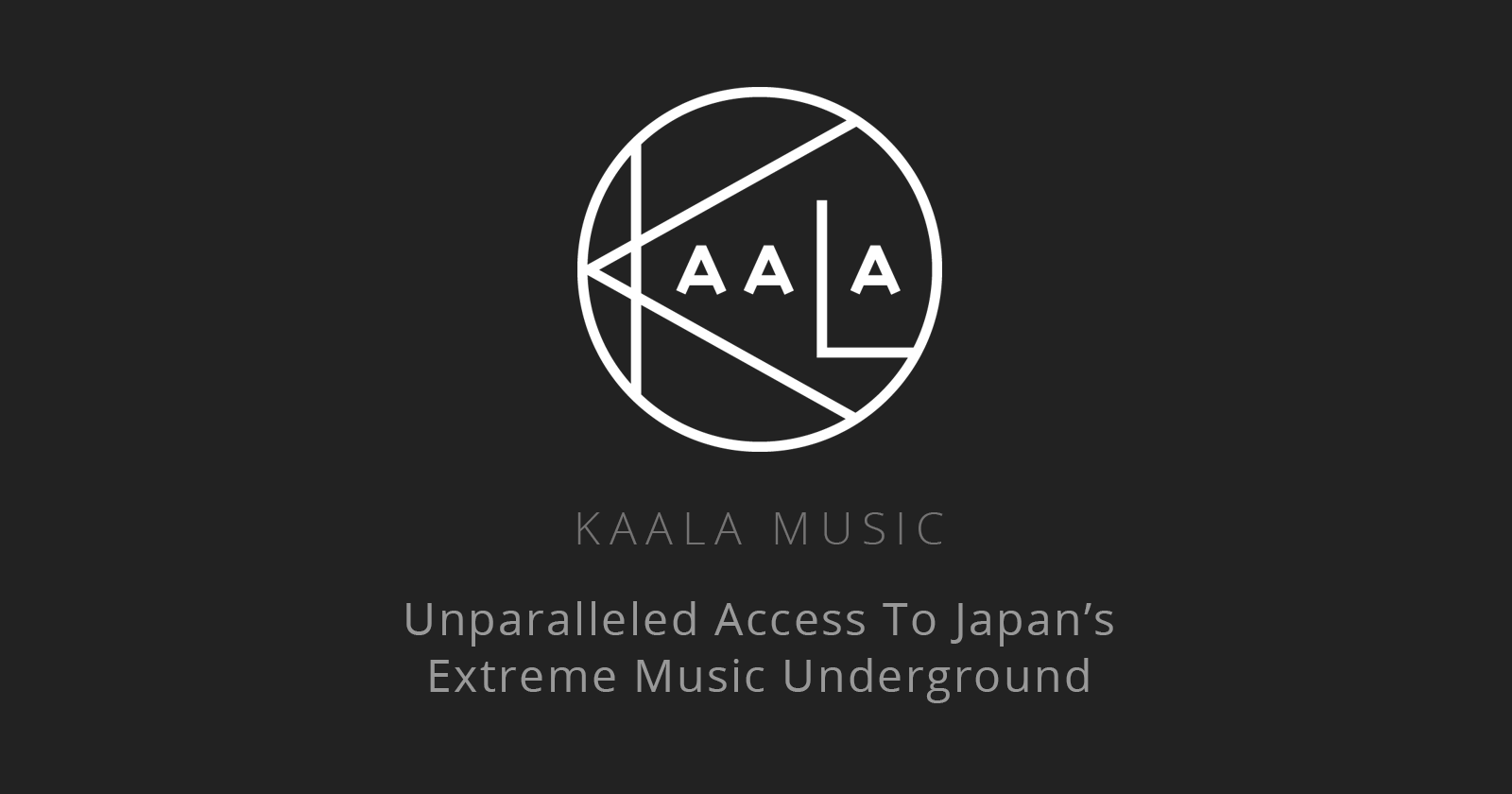
The PM Is Not Metal: Deconstructing the Heavy Metal Sanae Takaichi Myth
The international media has found its new favorite narrative. Sanae Takaichi, Japan's first female Prime Minister, is being packaged as a heavy metal revolutionary. Stories from outlets like Consequence and The New York Times paint a picture of a "metal drummer" who loves Black Sabbath and Iron Maiden, a "quirky" detail meant to humanize her conservative politics.
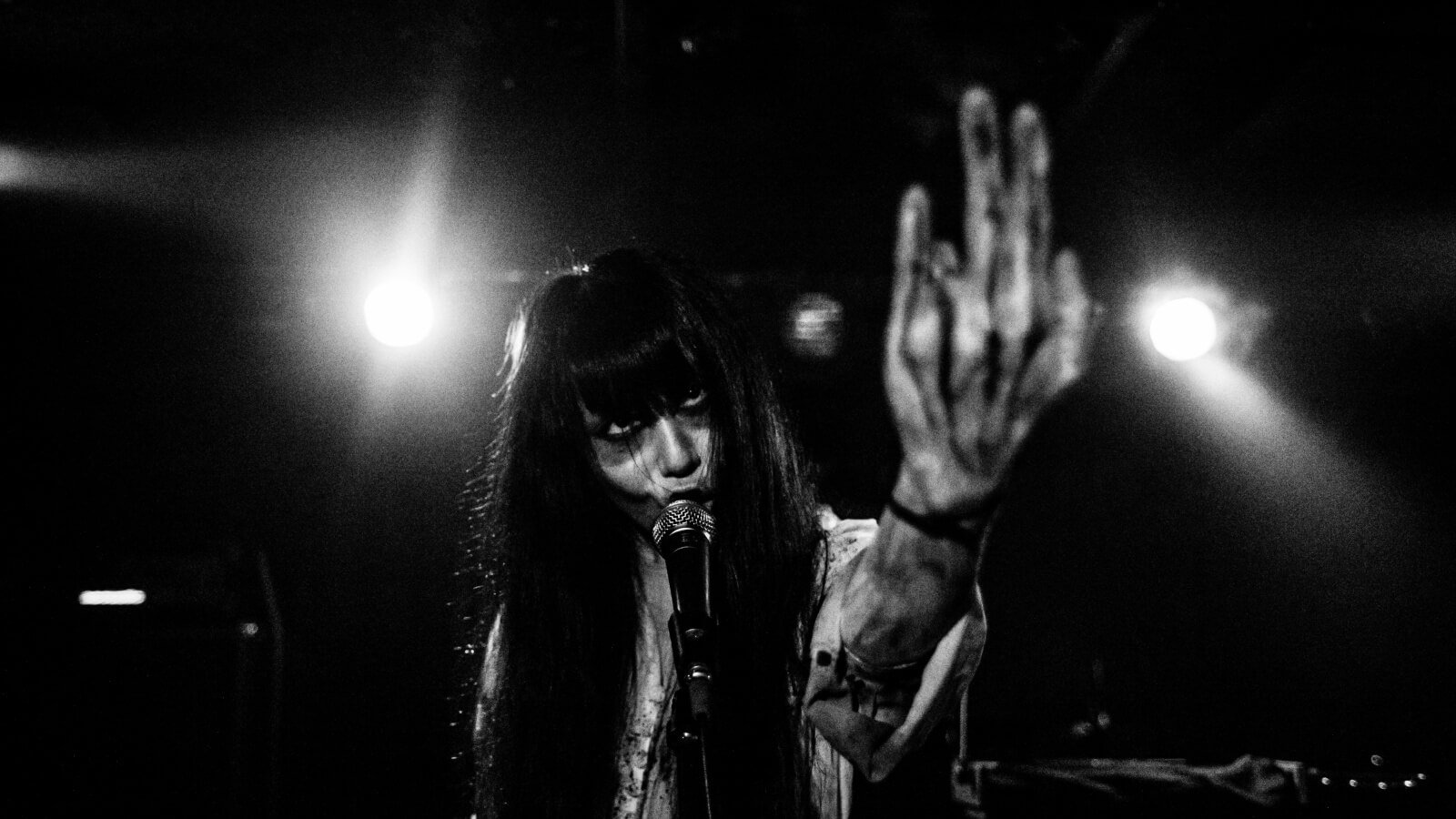
The Art of the Crush: Why für OMEN at MERRY-GO-ROUND Shinjuku is the Ultimate Extreme Metal Experience
The Japanese underground metal scene is known for its purity, its dedication, and its refusal to compromise. This December, an event is set to define the peak of that commitment: Begräbnis presents...vol.8: für OMEN.
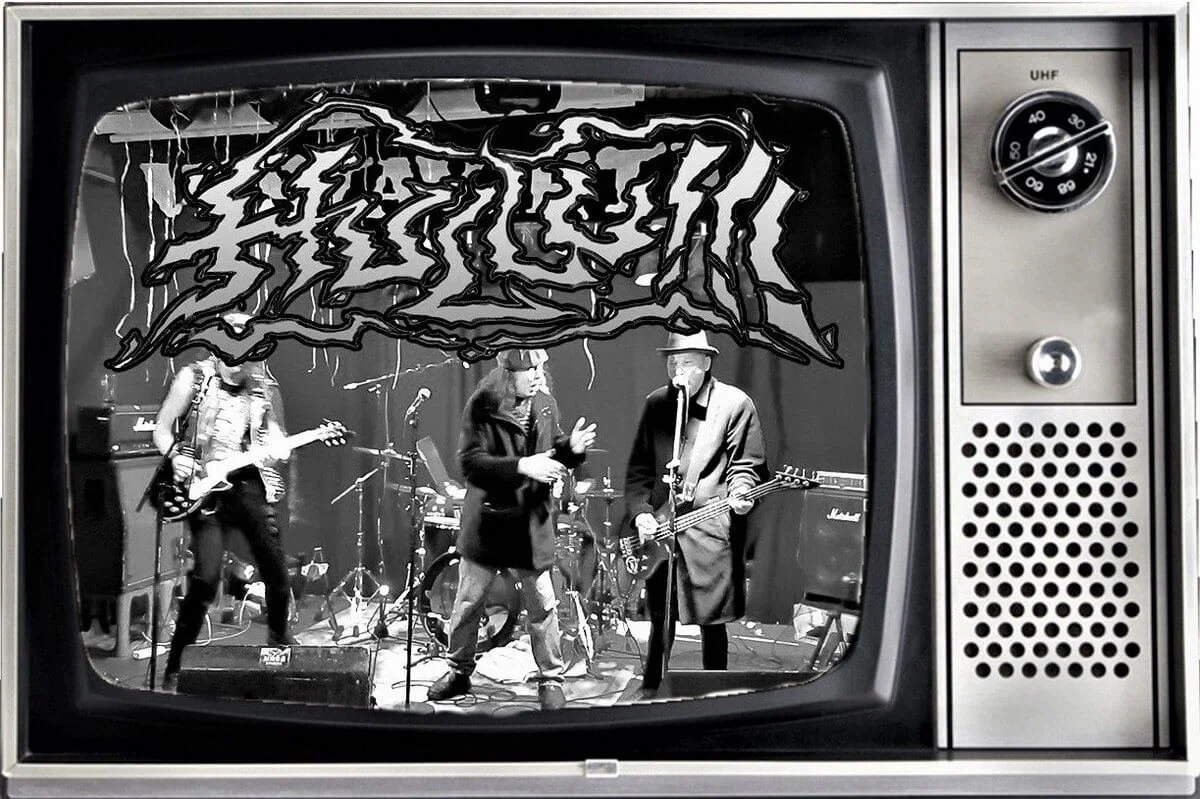
Tampere Hullu!! The Ultimate Finnish-Japanese Hardcore Collision is Coming to Yotsuya Outbreak.
he pulse of the Tokyo underground scene is often found at the intersection of local fury and global exchange. This November, we are exceptionally proud to announce an event that is not just a concert, but a monumental collaboration: Tampere Hullu!!—a full-assault showcase uniting two of the world's most aggressive and vital noise scenes. This is the ultimate meeting point of Finnish Hardcore and Japanese Hardcore.

FINALBY( ) Arrives in Kabukicho: A New Immersive Ritual at ZEROTOKYO
On October 25, 2025, the boundaries of sound, space, and sensory perception will be broken open in Shinjuku’s Kabukicho. FINALBY( ), the boundary-defying audio-visual performance unit centered on ∈Y∋ (EYE of BOREDOMS) and Cosmic Lab…
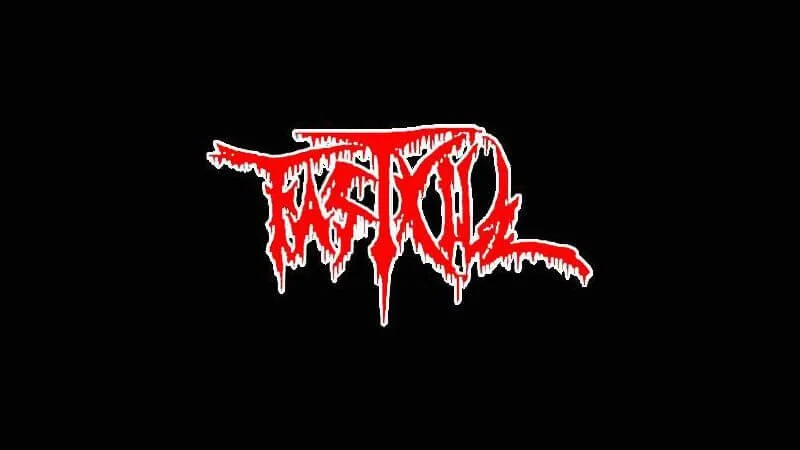
Beyond Speed: 3 Reasons Why Fastkill is a Masterclass in Extreme Thrash
When I delve into the world of Fastkill Japanese Thrash, I’m not just listening to a band—I’m studying a masterclass in controlled chaos. They represent the pinnacle of a very specific niche: an underground thrash metal movement that values instrumental prowess as much as raw aggression.
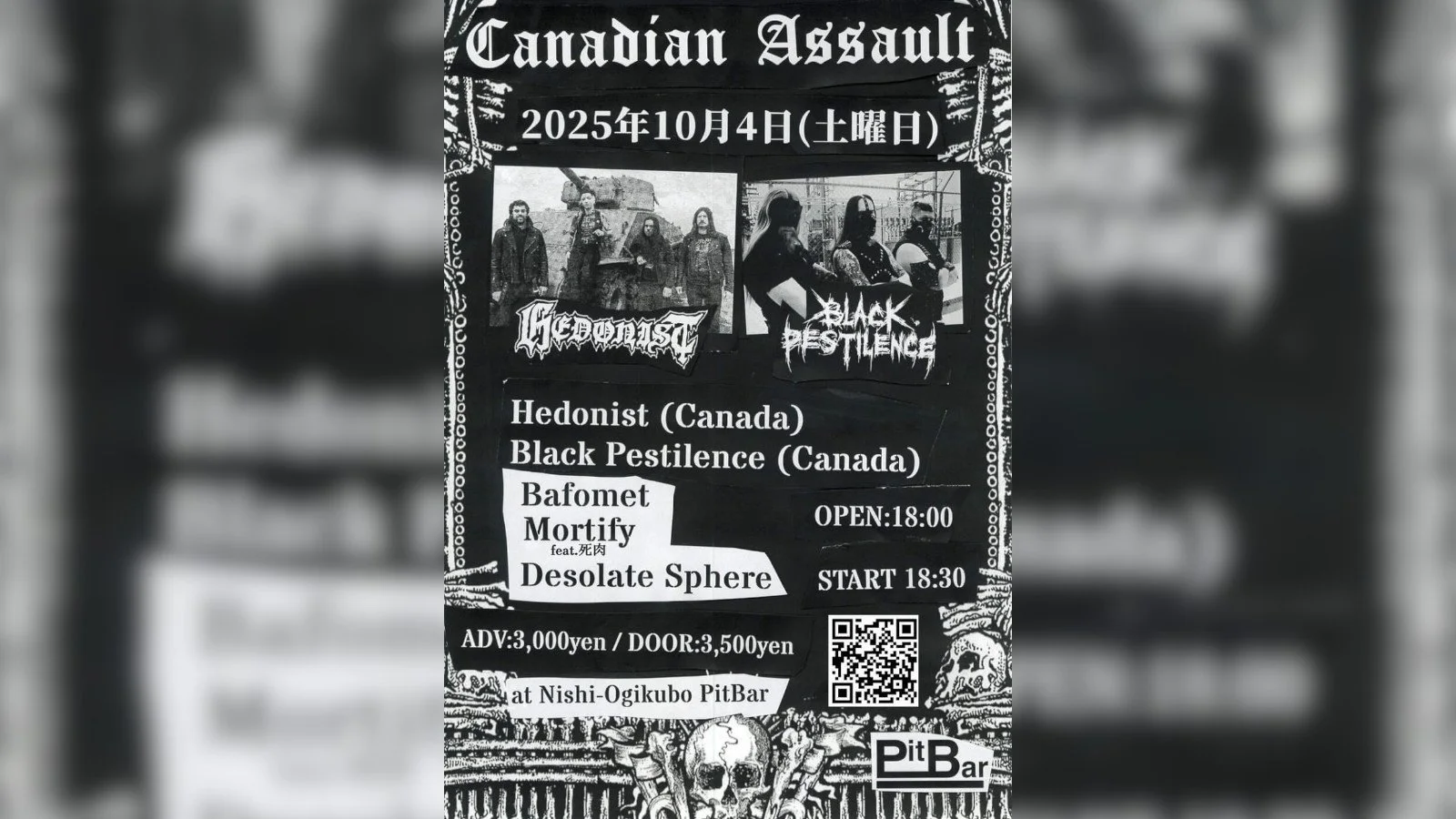
The Canadian Assault: A Trans-Pacific Metal Onslaught Hits Tokyo
The Kaala Music team is thrilled to announce an event that promises to be a seismic tremor in Tokyo’s underground extreme music landscape: "Canadian Assault", set to detonate on Saturday, October 4, 2025, at the venerable Nishi-Ogikubo PitBar.
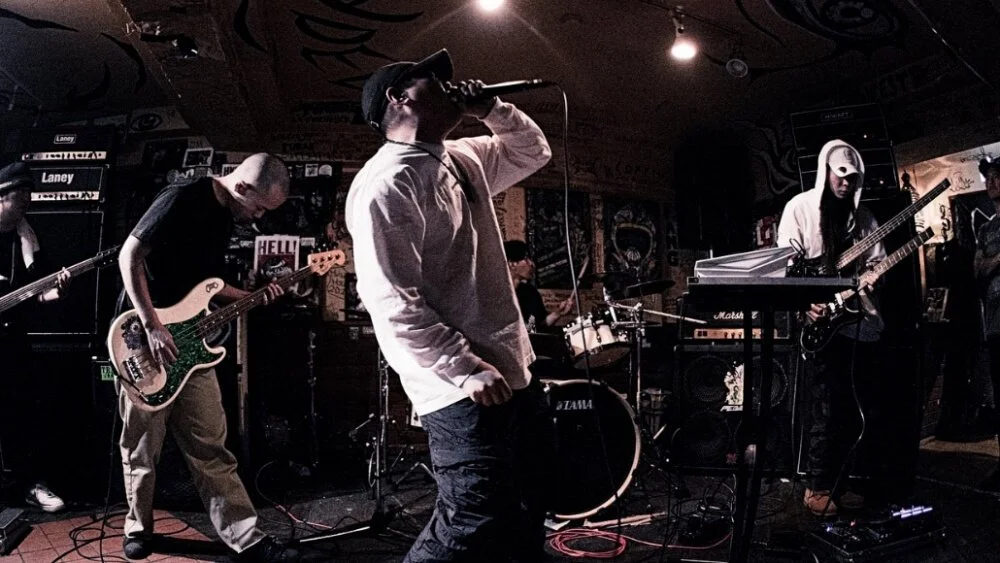
A Gateway to the Tokyo Underground Scene: My First Listen to Belmadigula's 'Spells'
The best music discoveries often come from a trusted source. In a world of sterile algorithms, a recommendation from a fellow musician deep in the Japanese metal underground is worth its weight in gold.

Beyond the Mainstream: What Japan's DIY Music Scene and a Wild Food Festival Have in Common
I remember a show in a tiny, unlabeled basement in Koenji a few years back. The air was electric, thick with sweat and the glorious, unholy noise of a three-piece band pushing their cheap amps to the absolute limit.
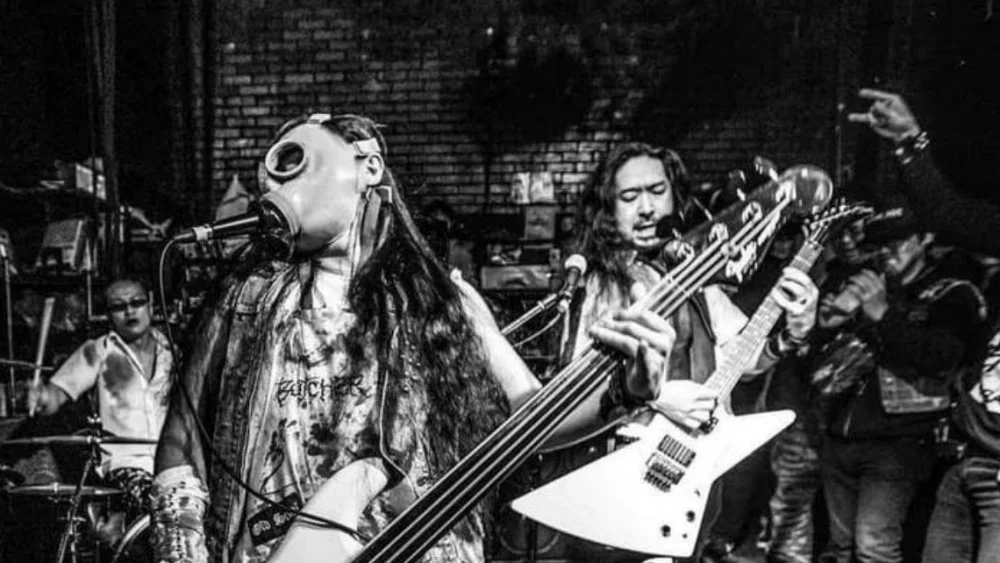
The Butcher ABC Strategy: Building a Niche Brand That Lasts
For years, I've analyzed the intricate workings of niche markets from my position here in Tokyo. Few case studies offer more potent lessons than the band Butcher ABC.
NEPENTHES, the new world standard in heavy rock, announces new groove-monsterized album
NEPENTHES’ vocalist, Negishi, was recently interviews by Yahoo! News Japan. This is a translation from Japanese to English powered by AI.
